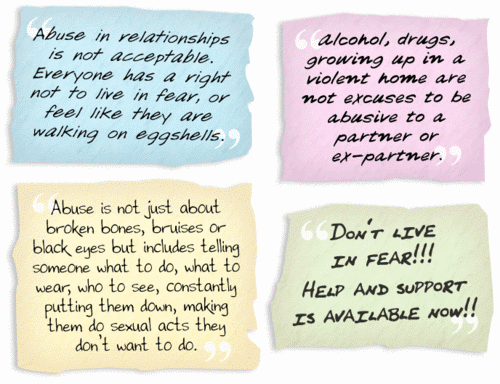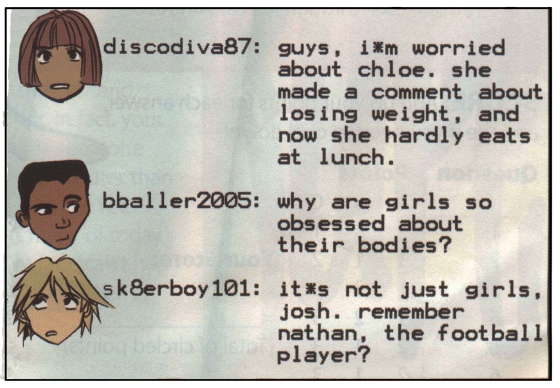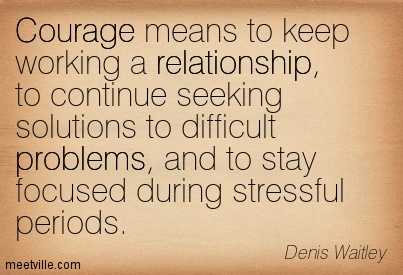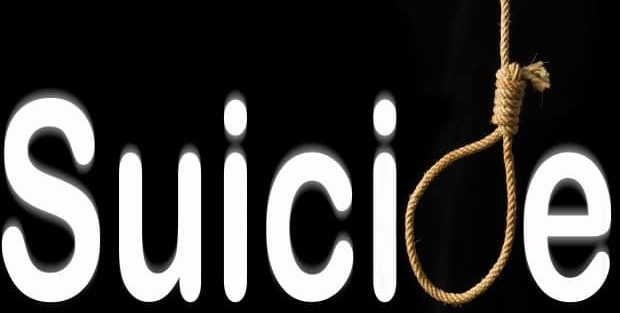What To Do If You’re In An Abusive Relationship
This post is in answer to the popular post, “Abusive Relationship – Five Warning Signs You’re In One.”
So you’ve come to the conclusion you’re probably in an abusive relationship. Now what? Here are the three critical things you need to do:
Get Support
It’s not unusual for people in abusive relationships to be isolated.
Abusive relationships are, by nature, confusing, and some with physical violence can be life-threatening.
That support system can consist of:
- licensed counselors,
- clergy (as long as the person understands abuse and is supportive),
- friends,
- family members, and
- domestic violence shelters and centers.
The police will come when you call them when you feel threatened and when violence has occurred. If you don’t know where the local shelters are, you can call your local police department and ask them if they have a list.
Find someone you trust that will allow you to come at anytime night or day. Keep a bag in your car with a change of clothes, money and other necessities. Unless it’s an immediate emergency, don’t plan to leave a physically abusive relationship without guidance from someone who understands abuse because that is when the most violence occurs.
Get Knowledgeable
Physical abuse is fairly obvious, but verbal and emotional abuse is subtle and difficult to recognize, but every bit as damaging.
They include:
- physical violence,
- name-calling,
- minimizing,
- ridiculing,
- threats,
- undermining,
- hostile anger,
- belittling,
- silent treatments,
- withholding,
- interrogation,
- ordering, and
- intimidation, along with denying any of these occur.
You also need to understand how the abuse affects you and how to respond.
You need to become acquainted with your legal and financial rights, especially if the abuser keeps money and assets hidden from you or if you’re considering a legal separation or a divorce. You also need to understand your rights regarding restraining orders and having an abusive person removed from your home.
When children are involved, you need to know how to protect them and what your rights will be regarding child custody. Make an appointment with an attorney to get basic questions answered unless your local shelter can give you the information you need.
Get Strong
Abuse destroys your self-esteem, and as a result, you doubt yourself and lose your self-confidence.
The abuser may be telling you caused the harm or that you’re crazy, and none of your feelings, thoughts, and perceptions are correct. You may even be told that no one else would ever love or want you.
You have to learn to validate your feelings, thoughts, and perceptions regardless of what the abuser tells you. You have to believe in yourself and recognize it’s the abuse that has torn you down, and it isn’t true that no one else would love or want you.
If you’re in an abusive relationship, make a plan to get support, get knowledgeable, and get strong. It’s what you will have to do to either stop the abuse or get out.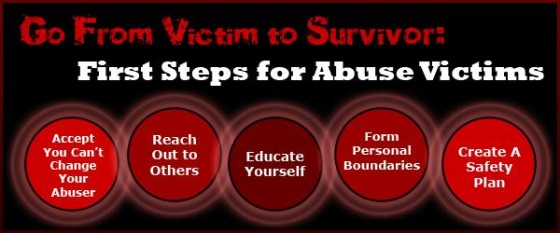
Would you knowingly “infect” your PC with a virus? Seriously you say. While you may agree it makes no sense to do, it did to at least 400 people. I believe we’ve all been guilty of behaviors that don’t make any sense. Read this article to learn more.

